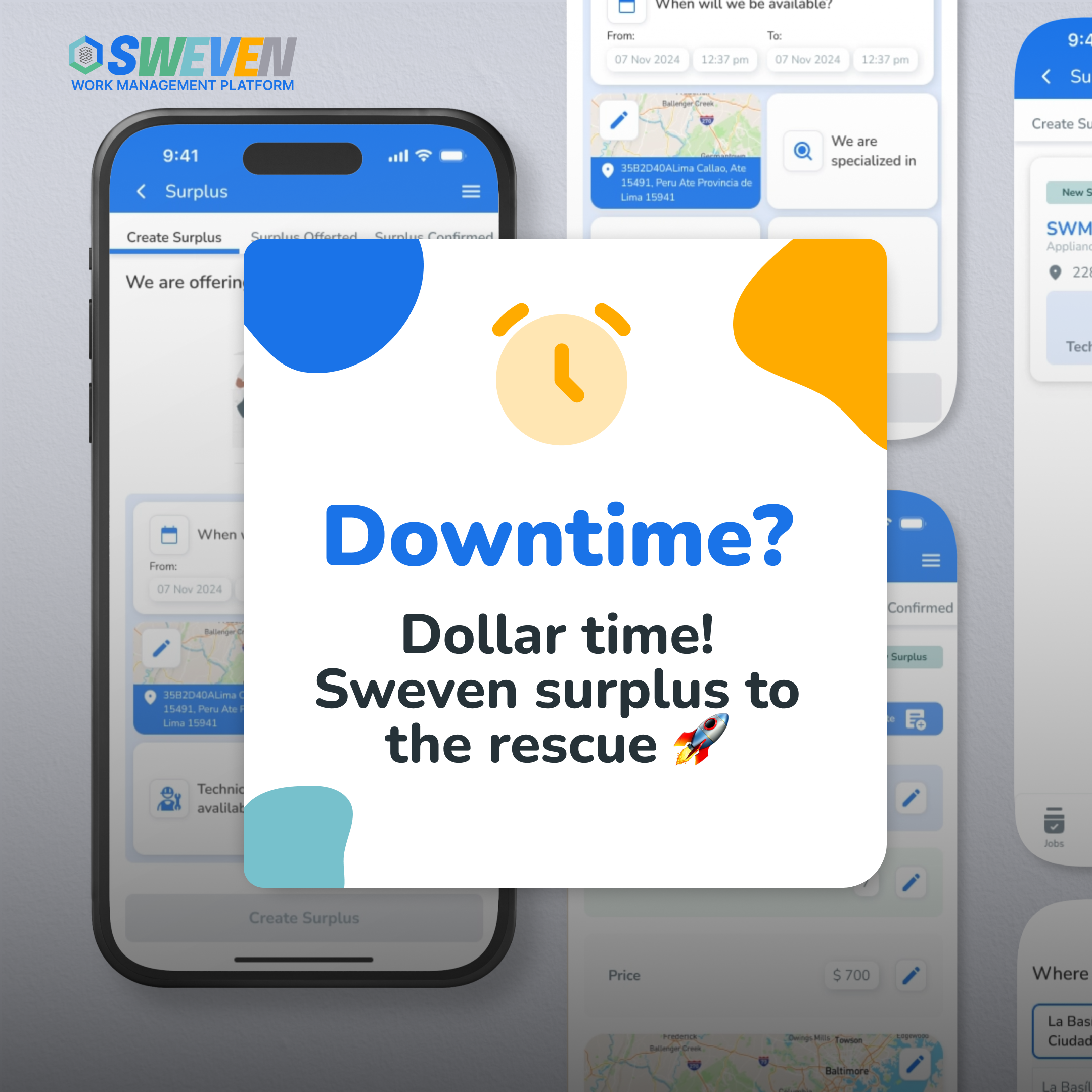Why Effective Maintenance Vendor Management Matters
Facility managers rely on maintenance vendors to ensure the smooth operation of critical assets, infrastructure, and essential systems. However, ineffective vendor management can lead to communication breakdowns, inconsistent service quality, and rising operational costs.
A report by the International Facility Management Association (IFMA) highlights that more than 60% of facility managers face vendor performance issues, affecting response times and overall maintenance efficiency. Additionally, non-compliance with facility regulations can result in costly penalties and operational risks.
To address these challenges, businesses must adopt a structured approach to vendor management that prioritizes:
- Efficient communication and coordination between facility managers and vendors.
- Performance tracking and data-driven decision-making.
- Cost optimization and preventive maintenance strategies.
- Compliance with industry standards and regulatory requirements.
This guide explores best practices for maintenance vendor management, providing insights on how to optimize vendor relationships, enhance operational efficiency, and leverage technology to streamline workflows.
What is a Maintenance Vendor?
A maintenance vendor is a third-party service provider responsible for performing ongoing maintenance, repairs, and facility upkeep. These vendors operate under contractual agreements to ensure that critical assets remain functional, helping businesses reduce downtime, improve efficiency, and meet compliance requirements.
Key Responsibilities of a Maintenance Vendor
- Conducting preventive and corrective maintenance on infrastructure and equipment.
- Ensuring compliance with safety and regulatory standards.
- Performing regular facility inspections and audits.
- Managing work orders and service schedules.
- Providing emergency response for unexpected breakdowns and repairs.
Types of Maintenance Vendors in Facility Management
Different industries require specialized vendors to address specific maintenance needs. The most common types include:
- HVAC Maintenance Vendors – Responsible for servicing heating, ventilation, and air conditioning systems to ensure optimal climate control.
- Plumbing & Electrical Vendors – Handling plumbing systems, electrical wiring, and power management to maintain facility operations.
- Janitorial & Cleaning Services – Ensuring sanitation and hygiene standards are met in offices, hospitals, and commercial spaces.
- Pest Control Vendors – Providing pest prevention and treatment services to maintain a safe and compliant work environment.
- Landscaping & Grounds Maintenance – Managing outdoor spaces, irrigation, and lawn care to maintain facility aesthetics.
Each maintenance vendor plays a critical role in facility operations by delivering specialized services that ensure the safety, efficiency, and longevity of infrastructure.
Challenges in Maintenance Vendor Management
While maintenance vendors provide essential services, managing them effectively presents several challenges that can impact operational efficiency.
Communication and Coordination Issues
Poor communication between facility managers and vendors often leads to misaligned work orders, scheduling conflicts, and service delays. Without a centralized communication system, tracking work progress and vendor accountability becomes difficult.
Inconsistent Vendor Performance
Facility managers frequently struggle with unreliable service quality due to the lack of a structured performance monitoring system. Inadequate tracking of vendor KPIs can result in delayed responses, missed maintenance deadlines, and subpar service.
Cost Control and Budgeting Challenges
Many businesses experience uncontrolled maintenance expenses due to:
- Over-reliance on reactive maintenance instead of preventive strategies.
- Lack of visibility into vendor pricing structures and service efficiency.
- Ineffective contract negotiation, leading to higher maintenance costs.
Compliance and Regulatory Risks
Facility managers must ensure that vendors adhere to industry compliance and safety standards to prevent legal and operational risks. Non-compliance can result in:
- Regulatory penalties and fines.
- Increased liability in case of workplace incidents.
- Inefficient facility operations due to regulatory violations.
These challenges highlight the need for structured vendor management strategies to improve performance, reduce costs, and ensure compliance.
Common Challenges in Maintenance Vendor Management
Managing maintenance vendors effectively is essential for ensuring seamless facility operations, yet many organizations struggle with communication issues, inconsistent service quality, cost control, and compliance risks. Understanding these challenges is the first step toward optimizing vendor management and implementing long-term solutions.
Vendor Performance Issues & Accountability
One of the most common challenges in maintenance vendor management is ensuring that vendors consistently meet performance expectations. Facility managers frequently face issues such as:
- Delayed response times leading to prolonged downtime and disruptions.
- Service quality inconsistencies that impact operational efficiency.
- Lack of performance tracking, making it difficult to evaluate vendor effectiveness.
How to Improve Vendor Performance:
- Establish clear vendor performance KPIs, such as response times, work order completion rates, and quality assessments.
- Use vendor performance management systems to monitor reliability and adherence to contract agreements.
- Implement regular vendor reviews to assess service levels and identify areas for improvement.
Communication & Coordination Problems
Effective vendor communication is critical to ensuring that work orders are completed accurately and on time. However, many facility managers struggle with:
- Lack of centralized communication, leading to misaligned expectations.
- Inconsistent reporting and updates, making it hard to track work progress.
- Disruptions caused by multiple vendors working simultaneously without proper coordination.
How to Improve Vendor Communication:
- Implement a centralized communication platform that connects facility managers and vendors in real time.
- Use automated notifications and updates to track work order progress.
- Standardize communication protocols to ensure vendors provide regular status reports and documentation.
For facility managers looking to enhance communication efficiency, integrating a work order management system can streamline vendor interactions and reduce operational friction.
Cost Control & Budgeting Challenges
Without proper oversight, maintenance costs can spiral out of control, impacting budget allocations and operational planning. Key issues include:
- Unpredictable maintenance expenses due to reactive rather than preventive maintenance.
- Hidden vendor costs that go unnoticed in contract agreements.
- Inefficient resource allocation, leading to unnecessary expenses.
How to Optimize Maintenance Costs:
- Shift from reactive maintenance to preventive maintenance strategies to reduce long-term repair costs.
- Perform cost-benefit analyses before renewing vendor contracts to ensure optimal pricing.
- Implement real-time cost tracking tools to monitor vendor expenditures and prevent budget overruns.
Compliance & Regulatory Risks
Maintaining regulatory compliance is a major concern in facility management. Vendor non-compliance can result in:
- Legal penalties and fines due to failure to meet safety standards.
- Increased liability risks for workplace incidents.
- Operational disruptions caused by regulatory violations.
How to Ensure Compliance in Vendor Management:
- Establish compliance checklists to ensure vendors meet facility maintenance regulations.
- Conduct regular vendor audits to verify adherence to safety standards and contractual obligations.
- Require vendors to provide up-to-date certifications and documentation proving compliance.
By integrating compliance management solutions, facility managers can reduce regulatory risks and improve vendor accountability.
Best Practices for Effective Maintenance Vendor Management
Once the challenges in maintenance vendor management have been identified, the next step is to implement proven strategies that enhance vendor performance, improve service efficiency, and optimize operational costs. By leveraging data-driven decision-making, automation, and proactive vendor management, businesses can establish long-term partnerships with high-performing vendors while minimizing risks and inefficiencies.
Implementing a Vendor Performance Management System
Tracking vendor performance is crucial for ensuring consistent service quality, accountability, and cost control. Without a structured performance management system, facility managers often struggle with:
- Lack of transparency in vendor response times, job completion rates, and service quality.
- Difficulty measuring vendor reliability and long-term contract value.
- Challenges in identifying underperforming vendors that may be increasing costs or compliance risks.
How to Improve Vendor Performance Management:
- Define clear performance metrics such as work order completion rates, response time benchmarks, and customer satisfaction scores.
- Utilize vendor performance dashboards that provide real-time insights into vendor efficiency and adherence to contracts.
- Implement structured vendor evaluations to assess service quality and identify opportunities for improvement.
A well-defined vendor performance management system enables businesses to reward high-performing vendors, renegotiate contracts based on actual performance data, and phase out underperforming service providers.
Using Technology to Optimize Vendor Management
Technology plays a crucial role in streamlining vendor coordination, automating work order processes, and reducing manual inefficiencies. The integration of AI, IoT, and cloud-based facility management platforms has transformed how businesses handle maintenance vendor relationships.
Key Technology Solutions for Vendor Optimization:
- IoT-Enabled Maintenance Tracking – IoT sensors can detect equipment issues in real time and automatically notify vendors for preventive maintenance, reducing downtime and unexpected failures.
- AI-Powered Vendor Selection – AI-based systems analyze historical data to match facility managers with the most reliable vendors based on past performance, cost efficiency, and compliance history.
- Automated Vendor Scheduling & Work Order Assignment – Facility managers can leverage automated dispatch systems to assign tasks to vendors based on availability, expertise, and geographic proximity.
The adoption of data-driven vendor management tools significantly improves decision-making, ensuring faster response times and cost-efficient service execution.
Streamlining Work Order Management
Inefficient work order management leads to delays, miscommunication, and service discrepancies that negatively impact facility operations. A structured work order system allows businesses to:
- Assign maintenance tasks efficiently and track job progress in real-time.
- Reduce service discrepancies by providing clear maintenance instructions to vendors.
- Ensure proper documentation of vendor activity for compliance tracking.
Best Practices for Work Order Optimization:
- Implement a centralized work order management system that integrates vendor scheduling, invoicing, and performance tracking.
- Utilize automated notifications and mobile applications to keep vendors informed of job updates and priorities.
- Maintain a digital record of completed work orders to ensure transparency in vendor performance evaluations.
A streamlined work order management system improves vendor accountability, enhances service reliability, and reduces operational inefficiencies.
How to Select the Right Maintenance Vendor for Your Facility
Selecting the right maintenance vendor is critical to ensuring service quality, cost efficiency, and regulatory compliance. Poor vendor selection can lead to higher operational risks, increased maintenance costs, and inconsistent service levels. To build long-term vendor partnerships, businesses must evaluate vendors based on performance metrics, contract flexibility, and compliance history.
Key Criteria for Choosing a Maintenance Vendor
When selecting a maintenance vendor, facility managers should assess potential partners using the following criteria:
- Experience and Industry Specialization – Vendors with proven experience in facility maintenance are more likely to deliver consistent, high-quality services.
- Compliance and Certification – Ensure vendors meet regulatory requirements, including safety certifications and insurance coverage.
- Service Reliability – Evaluate vendors based on response times, job completion rates, and historical service performance.
- Technology and Reporting Capabilities – Vendors should use automated tracking systems and real-time reporting tools to improve maintenance efficiency.
- Scalability and Contract Flexibility – Choose vendors that can adapt to your facility’s growing needs, offering customized maintenance plans.
Selecting vendors based on these factors ensures reliable service quality, cost control, and compliance with industry regulations.
Building Long-Term Vendor Relationships
Developing strong vendor relationships goes beyond selecting the right provider; it requires proactive communication, contract transparency, and performance tracking. Businesses that foster long-term vendor partnerships benefit from:
- Improved vendor accountability – Strong relationships encourage higher service standards and faster response times.
- Cost savings – Long-term agreements can lead to discounted pricing, better contract terms, and reduced maintenance costs.
- Higher operational efficiency – A well-established vendor network ensures faster issue resolution and consistent maintenance execution.
Best Practices for Strengthening Vendor Partnerships:
- Conduct regular vendor evaluations to assess performance.
- Maintain transparent communication and clear contract expectations.
- Implement a reward system for high-performing vendors to encourage continued service excellence.
- Develop a supplier performance improvement plan for vendors requiring additional training or performance adjustments.
By fostering strategic vendor partnerships, businesses can ensure long-term operational stability and cost efficiency in facility maintenance.
The Future of Maintenance Vendor Management: Trends & Innovations
The facility maintenance industry is rapidly evolving, with automation, AI, and cloud-based platforms transforming vendor management practices. Businesses that adapt to emerging technologies will gain a competitive advantage in optimizing vendor relationships and maintenance workflows.
AI and Predictive Analytics in Facility Maintenance
Artificial Intelligence (AI) and predictive maintenance tools are helping facility managers anticipate equipment failures before they occur. Implementing AI-driven vendor management solutions enables businesses to:
- Optimize vendor selection using performance data and AI-powered insights.
- Automate work order scheduling based on predictive maintenance alerts.
- Reduce downtime by identifying potential maintenance issues before they escalate.
Cloud-Based Solutions for Vendor Coordination
Cloud-based platforms provide centralized vendor management, allowing businesses to:
- Monitor real-time vendor performance and compliance.
- Streamline contract and work order management.
- Enable remote facility monitoring and vendor coordination.
Sustainability and Compliance in Vendor Management
Sustainability in facilities management is becoming a priority for organizations worldwide. Businesses are adopting green maintenance practices and requiring vendors to:
- Use eco-friendly maintenance products and energy-efficient solutions.
- Meet environmental compliance standards to reduce carbon footprints.
- Implement waste reduction strategies in facility operations.
By integrating AI, cloud-based management tools, and sustainable practices, businesses can future-proof their maintenance vendor management strategies and stay ahead of industry changes.
Conclusion: Taking Maintenance Vendor Management to the Next Level
Optimizing maintenance vendor management is essential for reducing costs, improving service efficiency, and ensuring compliance in facility operations. Businesses that implement structured vendor performance tracking, leverage technology, and build strong vendor relationships will benefit from:
- Higher service reliability and efficiency.
- Better cost control and contract flexibility.
- Stronger compliance with industry regulations.
As facility management continues to evolve, businesses must stay ahead by adopting innovative vendor management practices and integrating AI-driven solutions, automation, and cloud-based coordination tools. By doing so, organizations can ensure long-term operational success and efficiency in vendor management.















